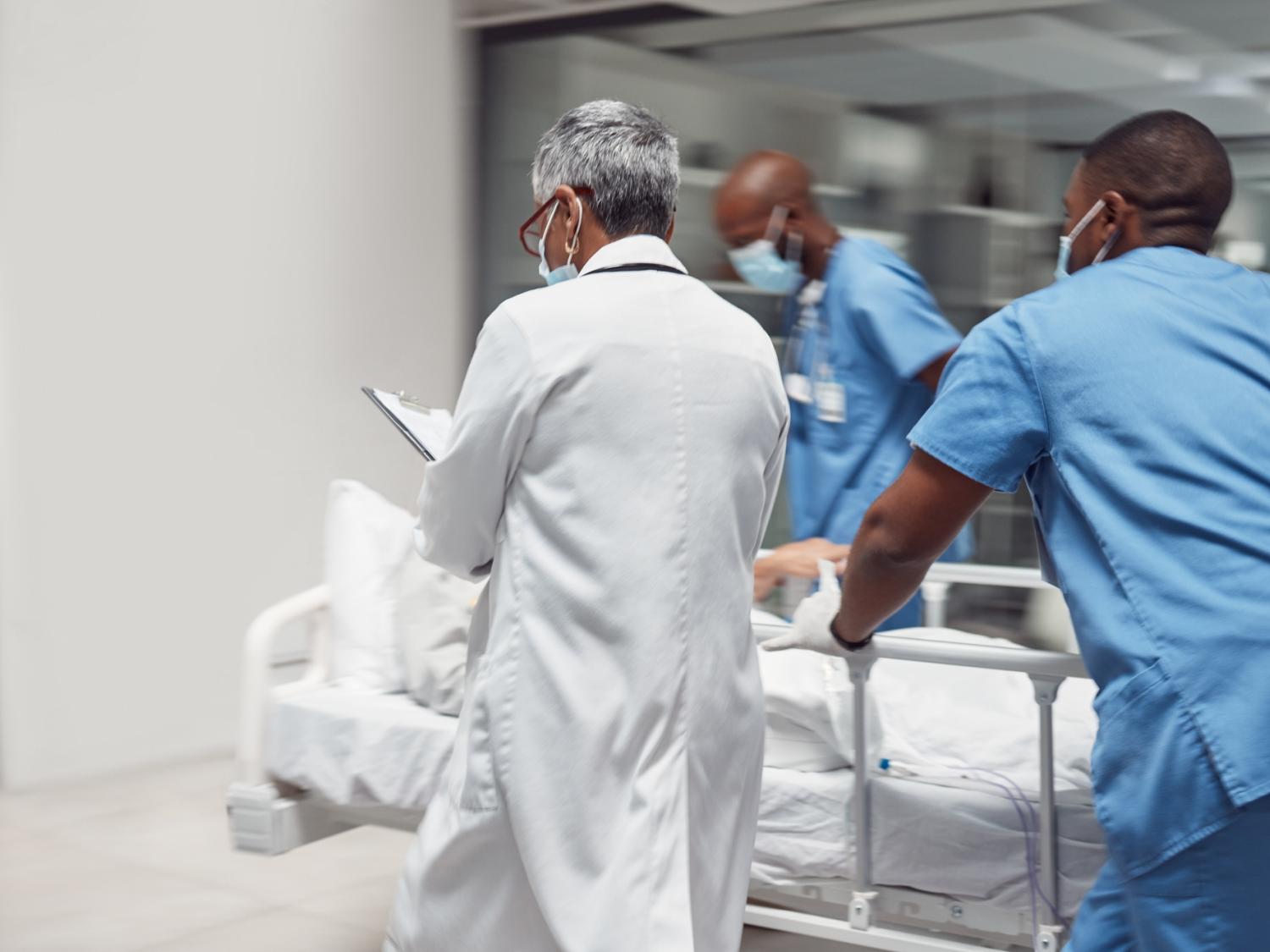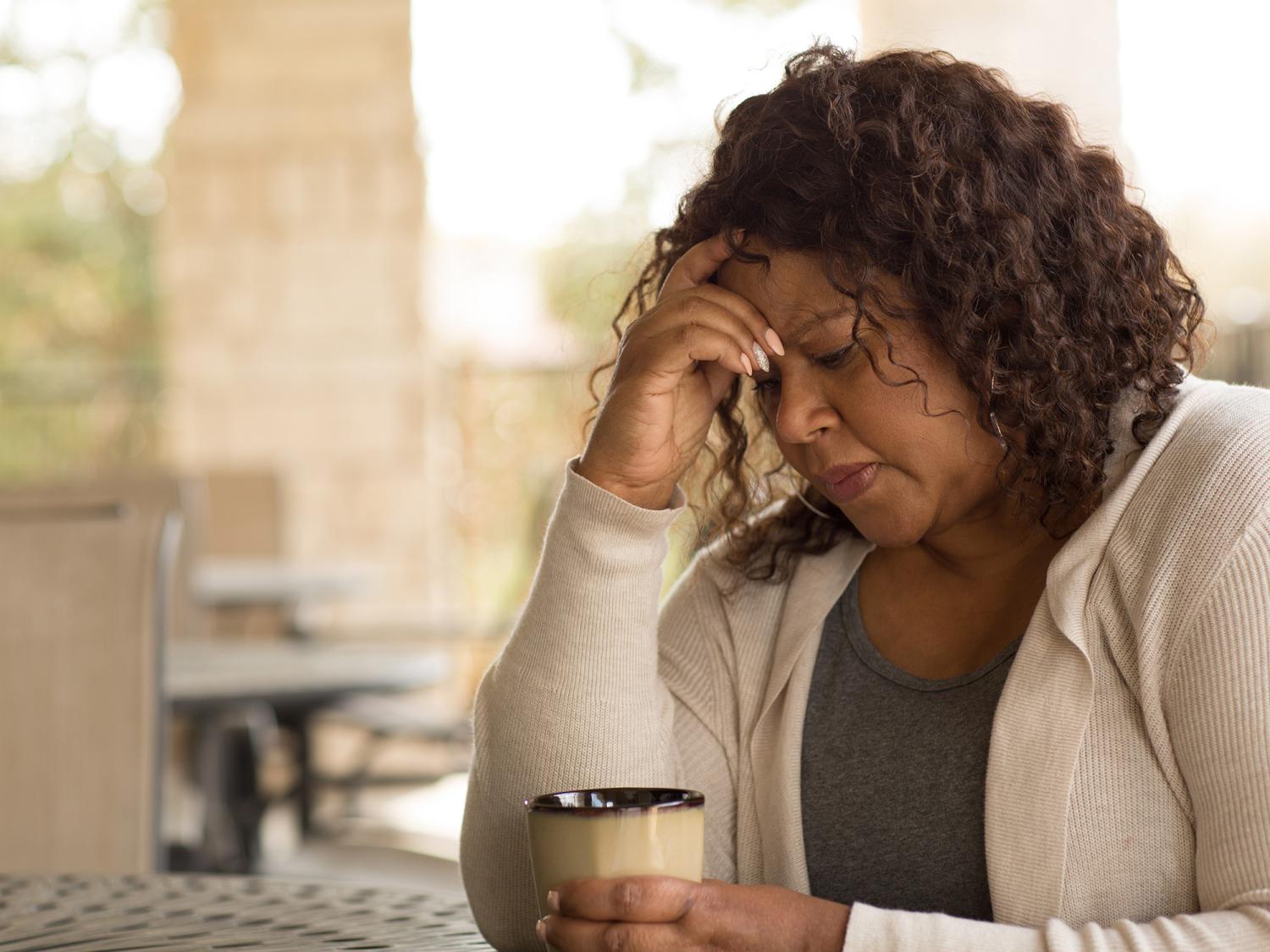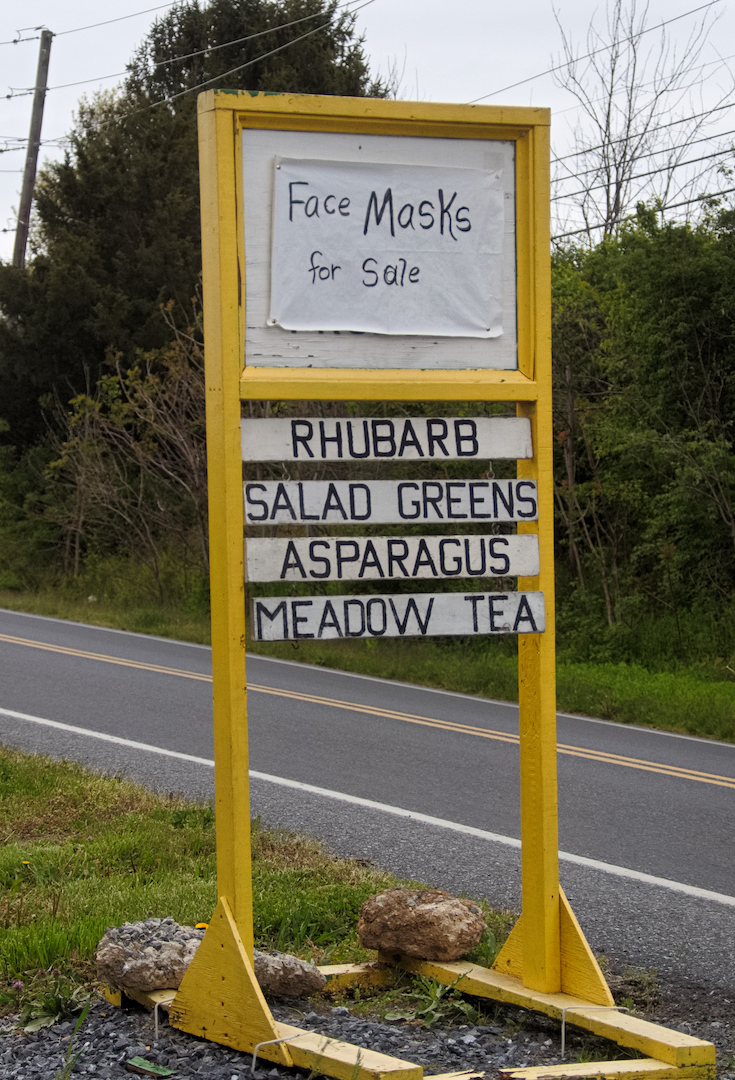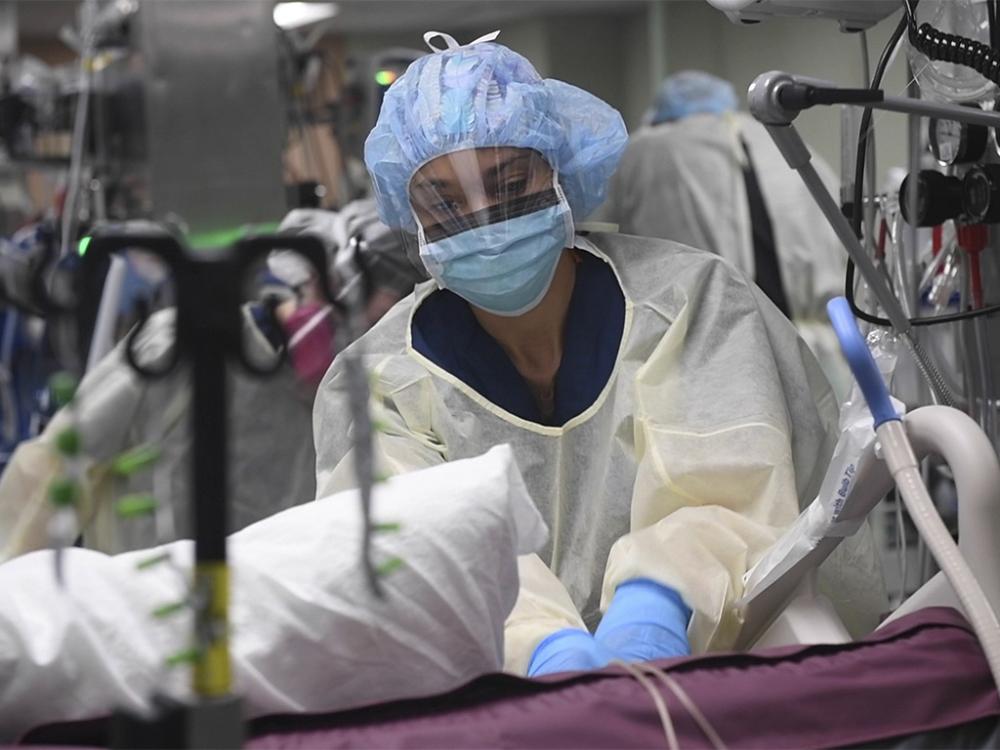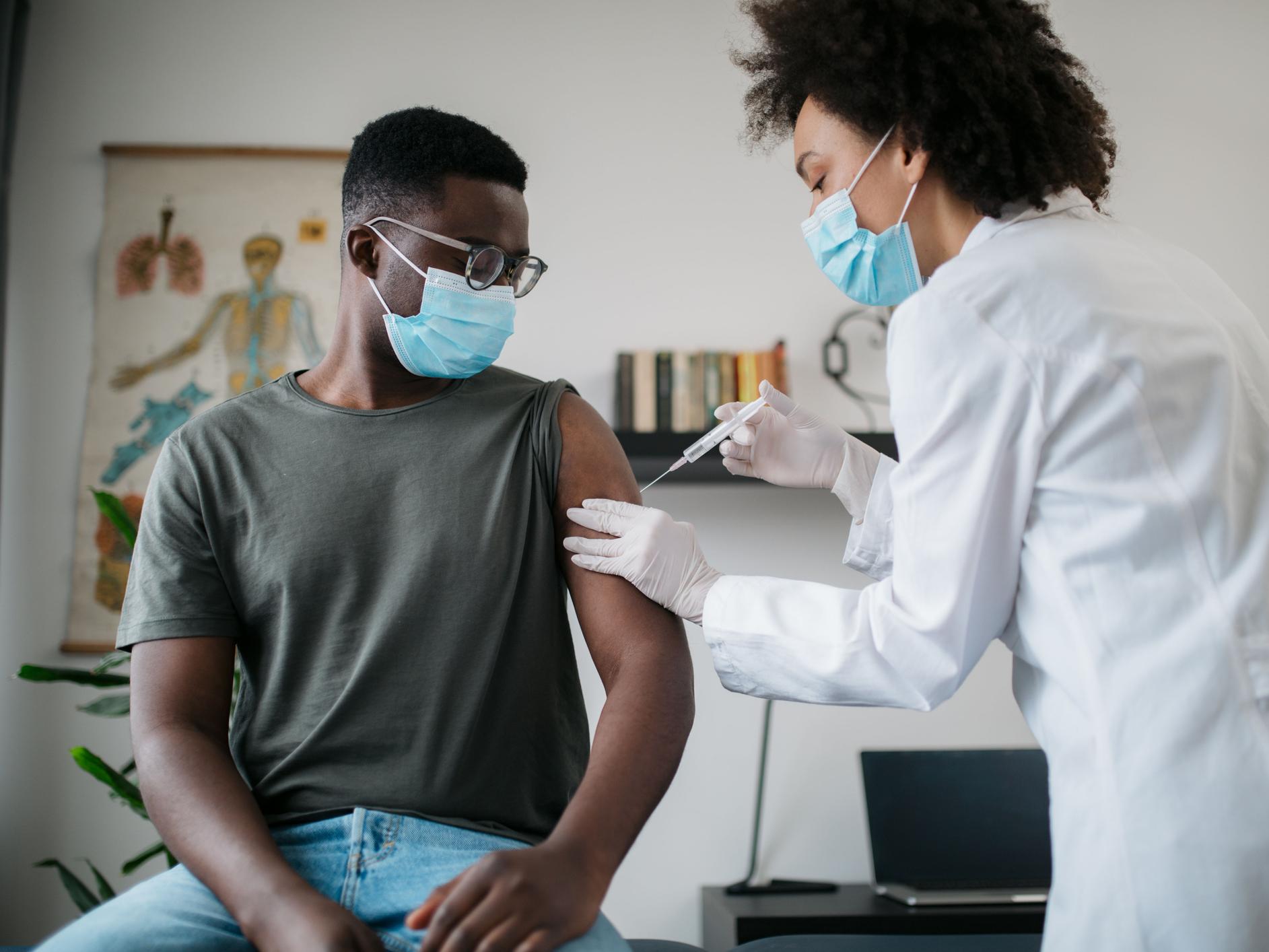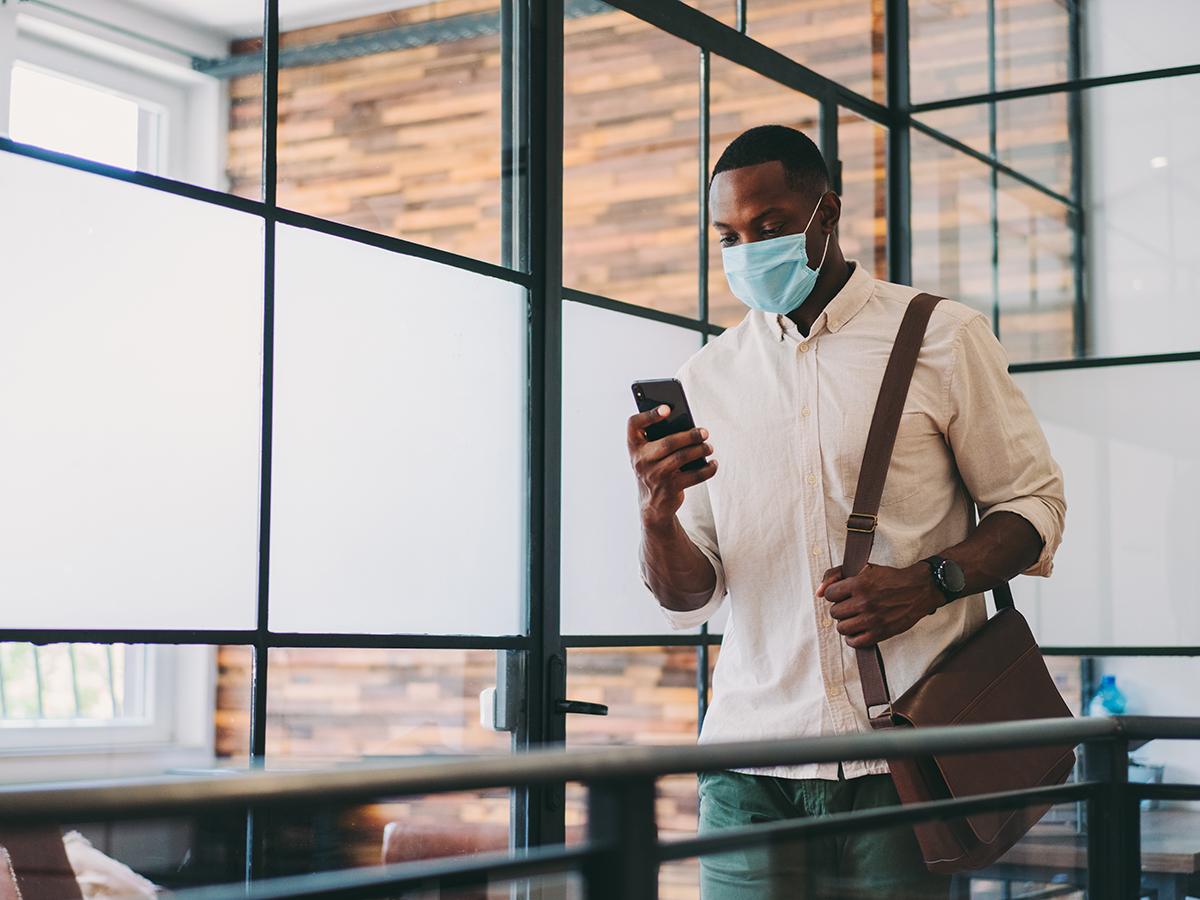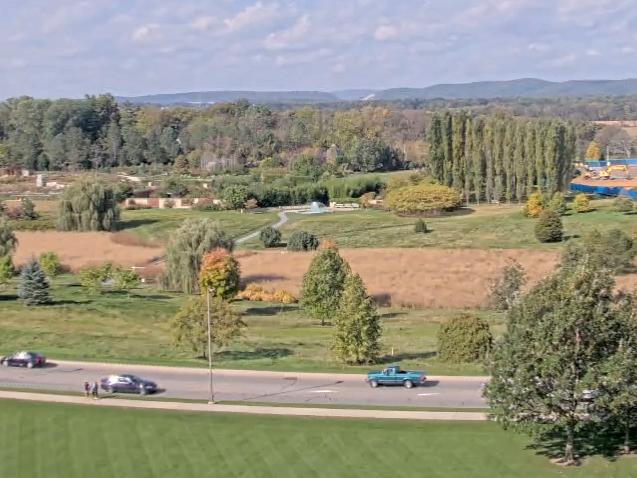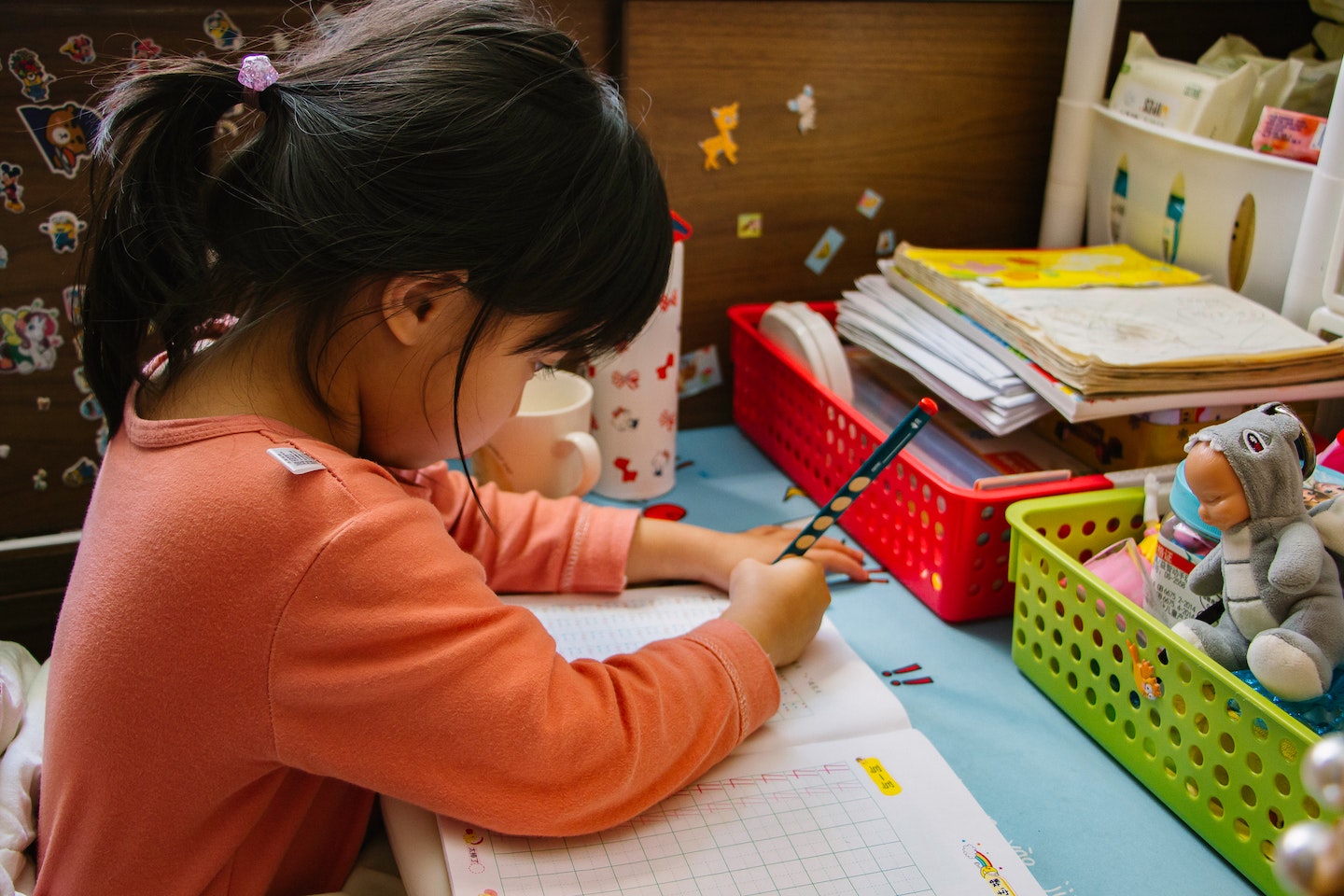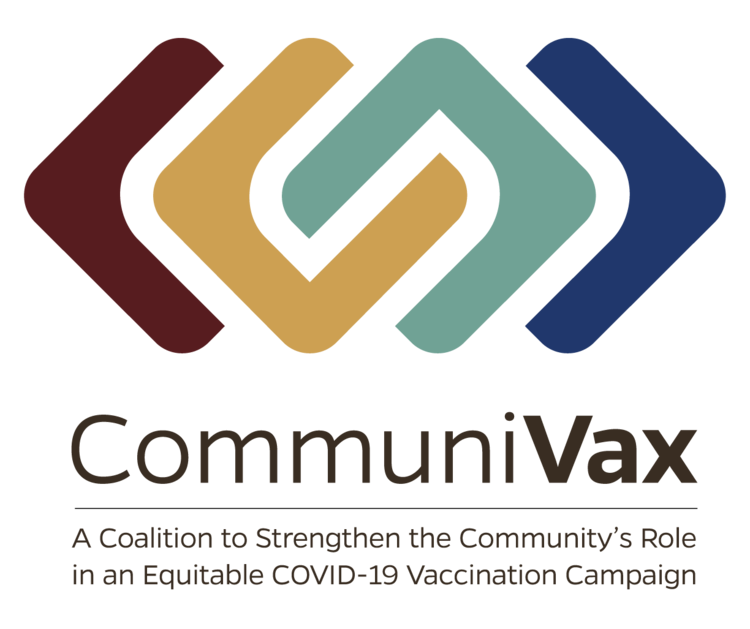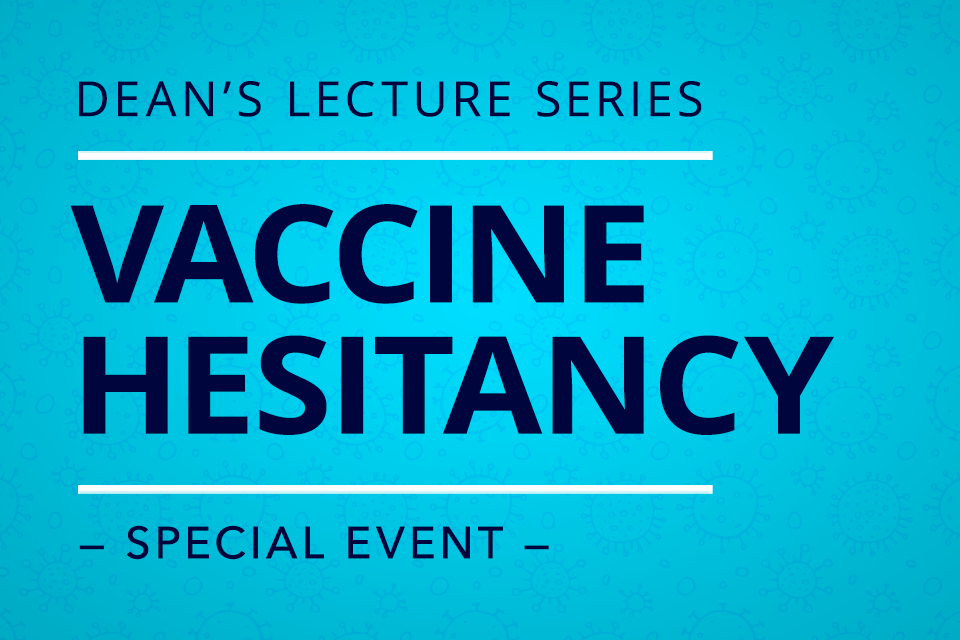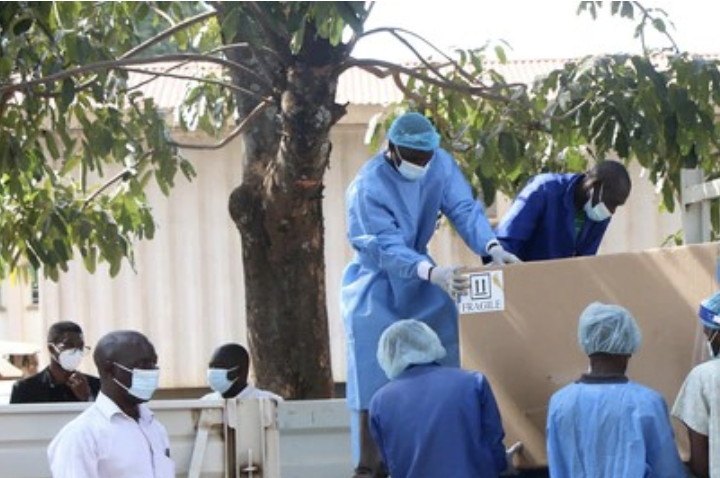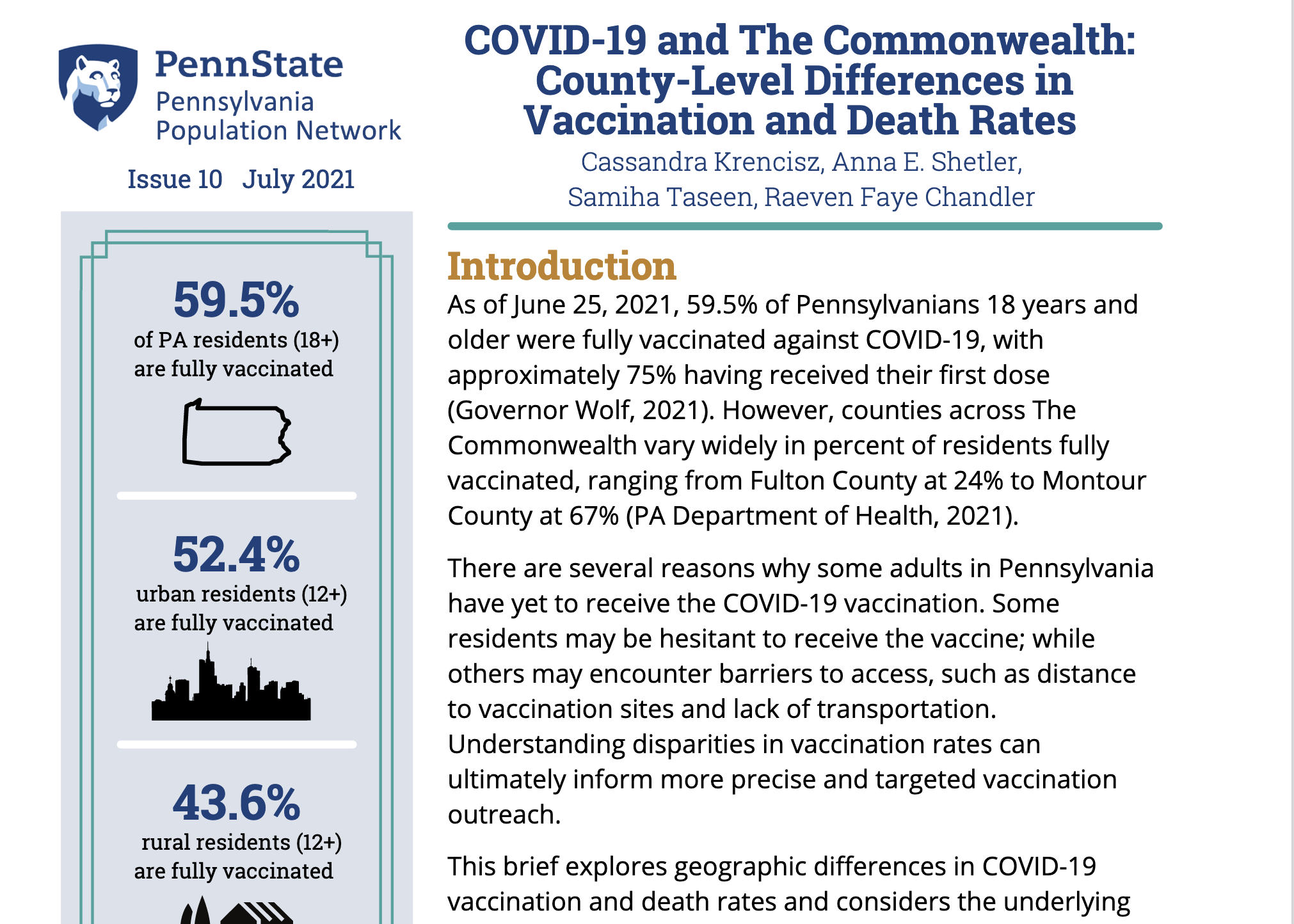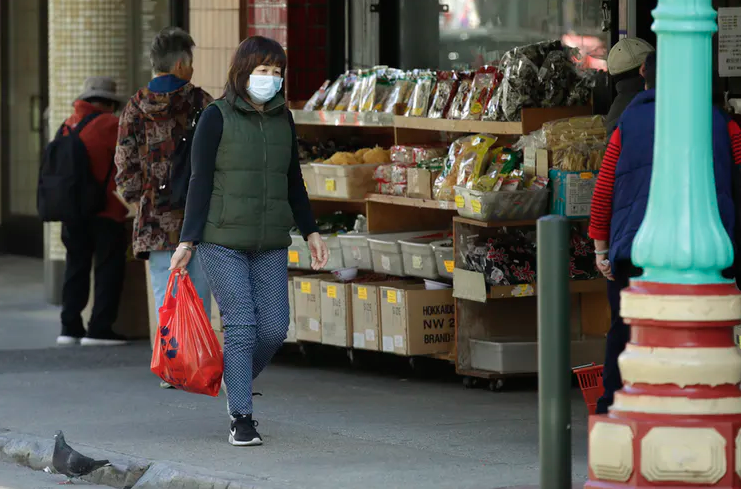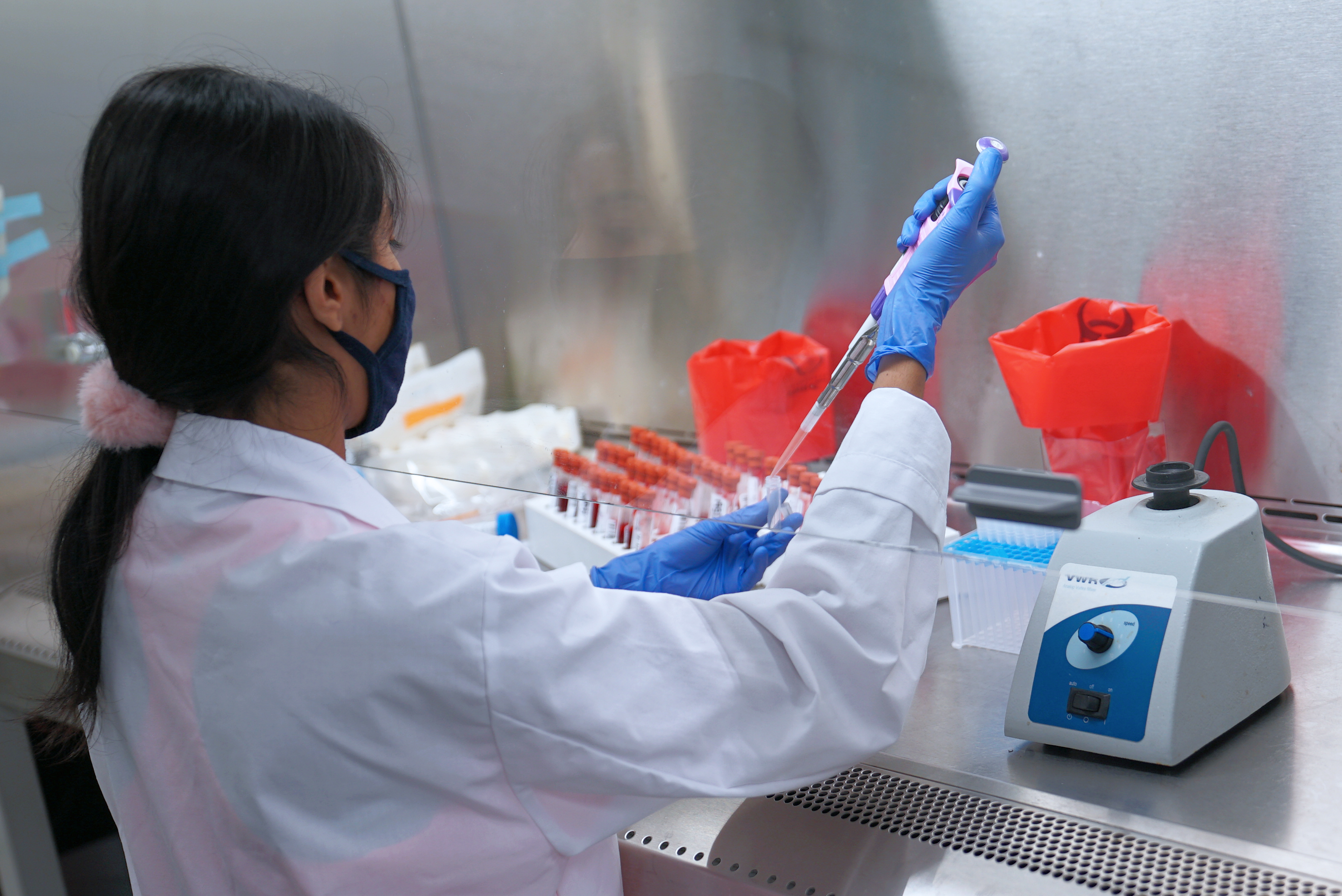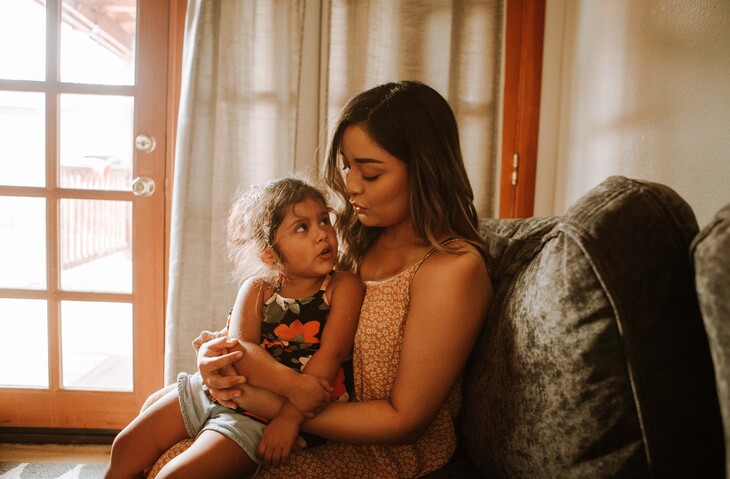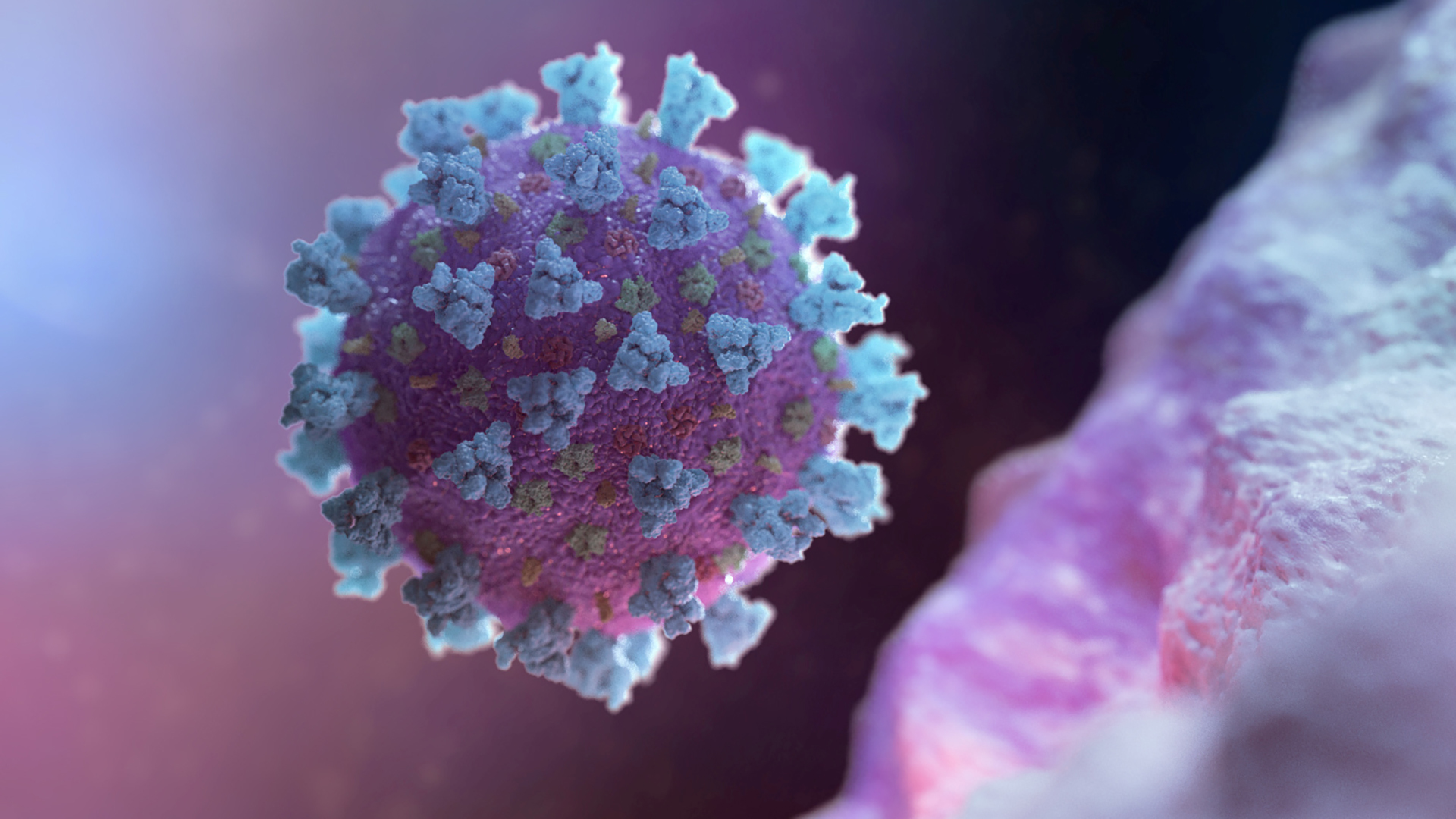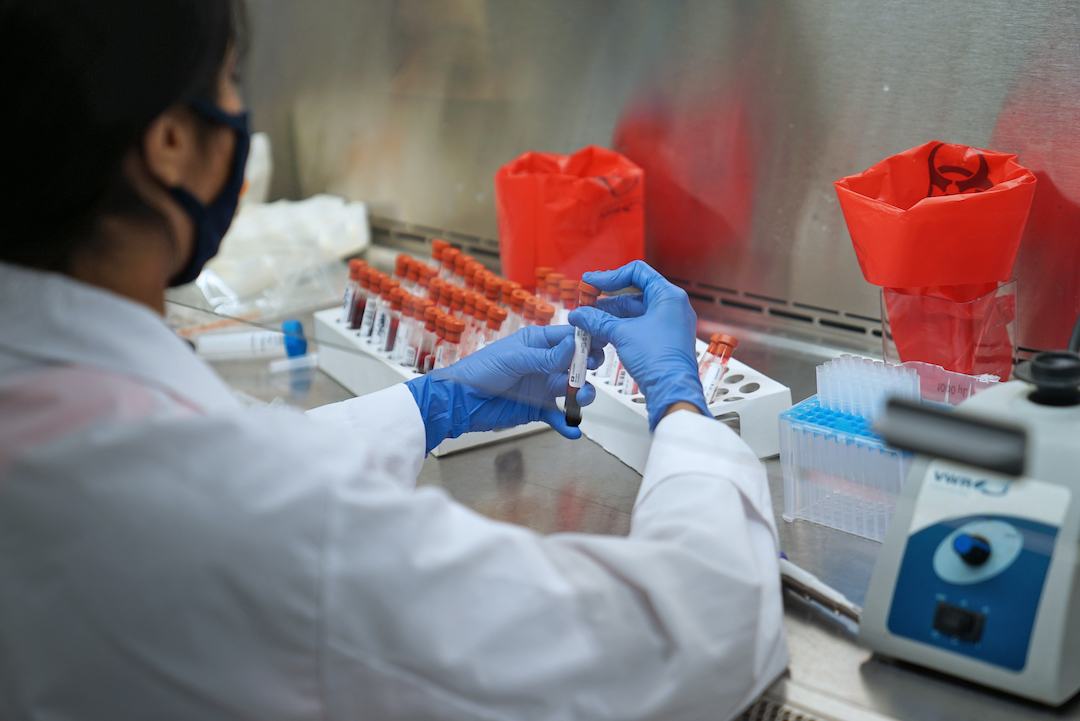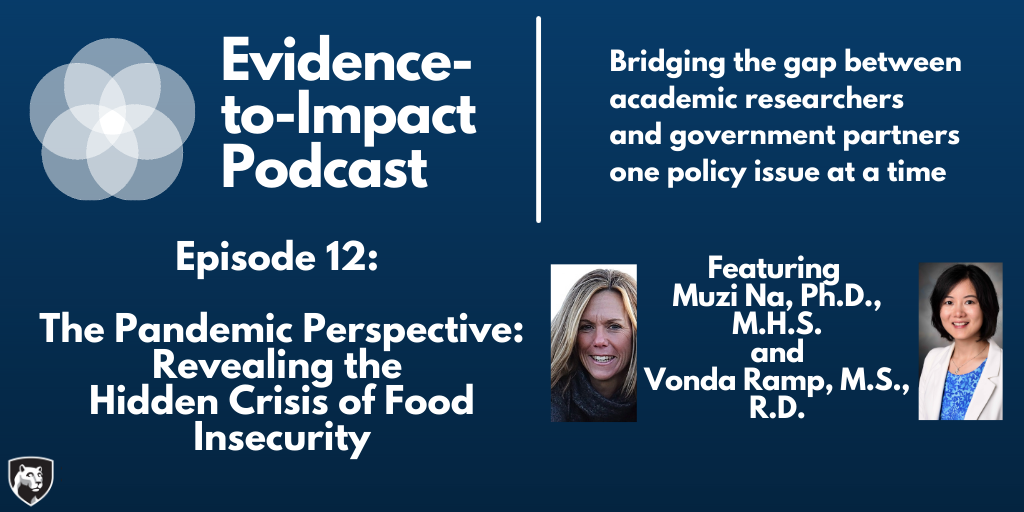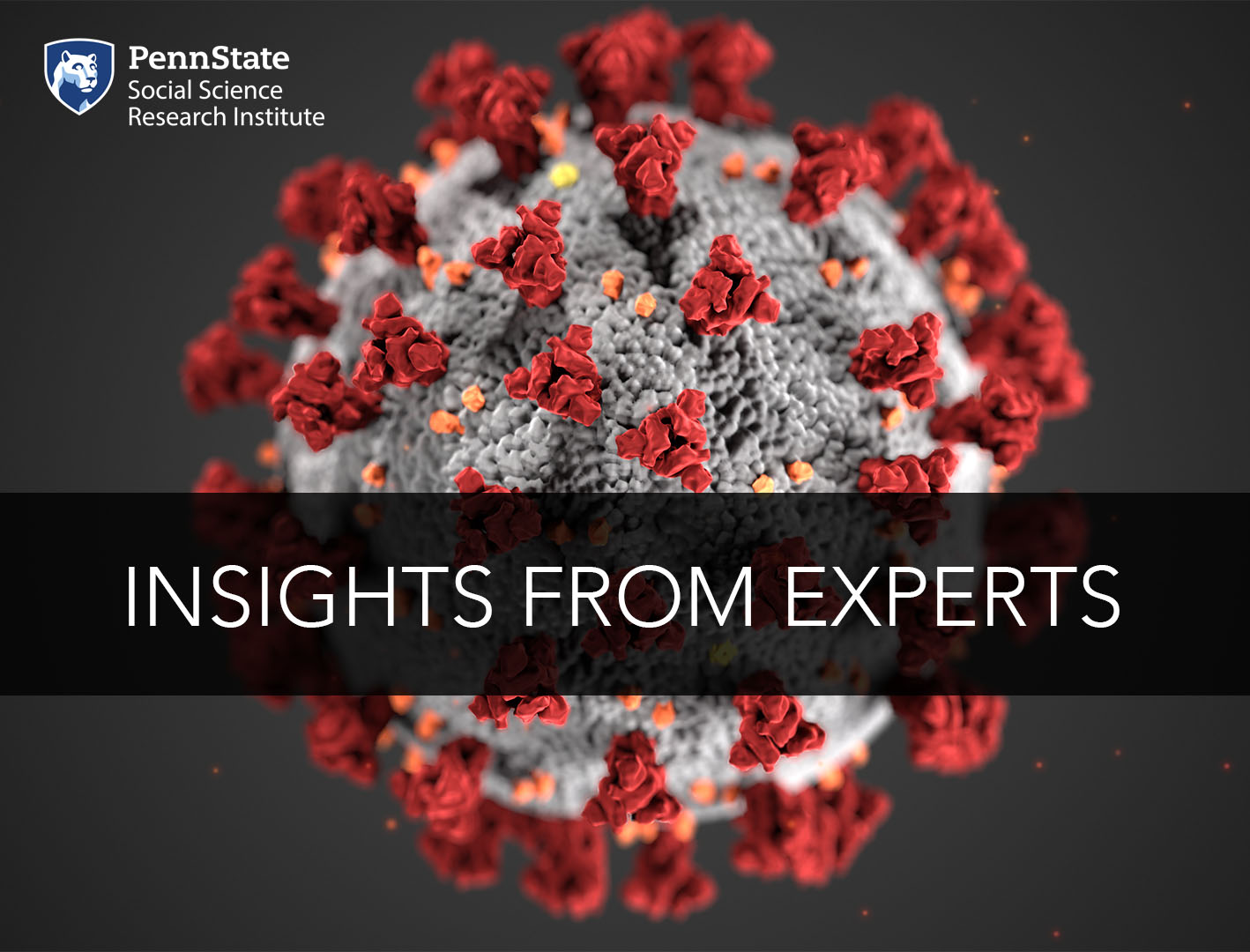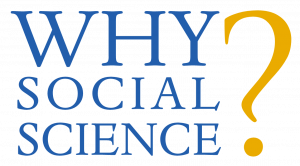Primary tabs
Minority acceptance of combo flu-COVID vaccine higher than for COVID alone
Acceptance of a combination influenza-COVID-19 vaccine among minority individuals is higher than for the COVID-19 vaccine alone, according to new research led by Penn State. The results suggest that bundling COVID-19 vaccines or boosters with influenza vaccines may be a convenient option to…
COVID-19 case trajectories may be predicted by surveying communities
The public’s willingness to comply with Centers for Disease Control and Prevention (CDC) recommendations correlates with COVID-19 case projections in zip codes where those surveyed about their intended behaviors live, according to Penn State College of Medicine researchers. The researchers said…
Impacts of COVID-19 school closures on Latino sibling dynamics
School closures due to the COVID-19 pandemic meant that many children spent much of their time at home in the spring of 2020. For most children, this meant more time spent with sisters and brothers, creating the potential to change family dynamics.
For family scholars like Xiaoran Sun, former…
Traffic and mobile phone data predict COVID case counts in rural Pennsylvania
How much people moved around town predicted COVID-19 cases in a rural Pennsylvania county in 2020, according to a new study by researchers at Penn State. The researchers approximated movement during the initial stay-at-home orders and subsequent restricted phases by using data from traffic cameras…
Penn State receives a five-year, nearly $6 million grant to study factors promoting early childhood development
The effects of genetics, home environment, and prenatal substance use on child health and brain development are largely unknown, even though pregnancy and early childhood are incredibly important periods of growth. To address this knowledge gap, Penn State…
Why Social Science? Because Vaccination is a Human—Not Technical—Process
By Elisa J. Sobo (San Diego State University), Diana Schow (Idaho State University), Elizabeth Cartwright (Idaho State University), and Emily K. Brunson (Texas State University) on behalf of the CommuniVax Coalition
The COVID-19 pandemic is being experienced by people—and without insights…
HHD Dean's Lecture Series special event to focus on vaccine hesitancy
The College of Health and Human Development Dean’s Lecture Series will host a special event focused on vaccine hesitancy.
Delivered by Daniel Salmon, professor of international health and health, behavior and society and director of the Institute for Vaccine Safety at Johns Hopkins University's…
16th Annual De Jong Lecture in Social Demography taking place on Oct. 1
“Surviving Two Epidemics: Resilience and Health in the Malawi Longitudinal Study of Families and Health 1998-2021” will be presented by Hans-Peter Kohler at Penn State's 16th annual De Jong Lecture in Social Demography Oct. 1, 9 a.m. – 12 p.m. in The Living Center, Henderson Building, and virtually…
Counting pandemic behavior to inform public health decisions
The COVID-19 pandemic has brought many significant changes to our lives, but one of the most visible signals of this has been the proliferation of masks and other face-coverings in public spaces. In a recent study published in the Disaster Medicine and Public Health Preparedness journal, Penn State…
OSVPR FAQs for Research
With Penn State's new masking requirements, we have updated our FAQs for Research. Highlights include:
· All individuals inside university buildings, including labs, must wear masks, even if everyone in the lab is vaccinated.
· If people are traveling in a car together for university business…
How behaviors can inform COVID-19 health campaigns
As the pandemic continues, implementing effective public health campaigns to improve vaccination rates and encourage personal behaviors to control the spread of the virus may be necessary.
Penn State researchers are exploring behaviors for slowing and stopping the spread of COVID-19, such as…
COVID-19 and The Commonwealth: County-Level Differences in Vaccination and Death Rates
A recent policy brief by the Pennsylvania Population Network at Penn State shows the “great differences” in COVID-19 vaccination rates across the Commonwealth. Written by Cassandra Krencisz, Anna E. Shetler, Samiha Taseen and Raeven Faye Chandler, this report explores these differences and analyzes…
The U.S. Spends Less Than Nearly Every Country on Unemployment. That's Why People Can't Get Jobs.
By Sarah Damaske for Time
The Bureau of Labor Statistics reported significant job growth in June: 850,000 new jobs. But with the unemployment rate stubbornly stuck at 5.9 percent, the debate about whether generous federal unemployment benefits keep people from returning to work continues. Last…
Behavior limits COVID-19 spread between University and community
When universities across the U.S. opted to return students to campus for in-person learning during the coronavirus pandemic in the fall of 2020, surrounding communities were understandably concerned that COVID-19 infections rates would significantly increase.
In response, several Penn State…
New book, 'The Tolls of Uncertainty,' examines the US unemployment system
In April 2020, soon after the pandemic forced the U.S. into lockdown, the unemployment rate reached 14.8%, the highest documented since data collection began in 1948. More than a year later, 4.2 million fewer women and 3.5 million fewer men are employed, compared to just before the start of the…
Rural-Urban Differences in the Labor-Force Impacts of COVID-19 in the United States
COVID-19 has had dramatic impacts on economic outcomes across the United States, yet most research on the pandemic’s labor-market impacts has had a national or urban focus. We overcome this limitation using data from the U.S. Current Population Survey’s COVID-19 supplement to study pandemic-related…
Penn State project enriches the student experience while documenting pandemic
The Data 4 Action (D4A) project is comprised of dozens of Penn State researchers who are documenting the impacts of COVID-19 in Centre County. While the goal of the project is to assess the biological, psychological, and social functioning of Penn State students and community members, the project…
New EIC Podcast on food insecurity during the pandemic
This month on the Evidence-to-Impact Podcast, we continue the Pandemic Perspective series and examine how the pandemic has revealed the “hidden crisis” of food insecurity throughout Pennsylvania and the rest of the country.
We spoke to Muzi Na, Ph.D., M.H.S., assistant professor of nutritional…
Sufficient knowledge but sense of information overload evident early in pandemic
Residents of central Pennsylvania had the information they needed to slow the spread of COVID-19 early on in the pandemic, but were overwhelmed with worries about mixed messages and distrust of some sources, according to Penn State College of Medicine researchers. The researchers said the results…
Data4Action Project Update
The Centre County COVID-19 Data4Action Research Project phase three has wrapped up data collection for students and community participants. The retention rate was over 90 percent from the previous waves. Additionally, wastewater sampling for coronavirus on campus and in the surrounding community is…
Consequences of COVID-19 on adolescent behavior
Impacts of the COVID-19 pandemic have been widely reported, but less is known about the indirect consequences on health-related behaviors. Researchers recently discovered that while there was a decline in physical activity in adolescents during stay-at-home orders, there were no changes in the…
Are more parents letting their teens drink during the pandemic?
COVID-19 stay-at-home orders during spring 2020 dramatically changed daily life and created significant challenges for families. A new study published in the Journal of Adolescent Health found that 1 in 6 parents first allowed their adolescent children to have an alcoholic drink with their families…
Penn State participates in virtual social science advocacy day
Penn State researchers recently participated in the Consortium of Social Science Association’s (COSSA) Annual Social Science Advocacy Day, meeting virtually with Congress and their staff during this annual event.
Penn State social and behavioral scientists and stakeholders were teamed up with other…
Food Access and Insecurity During COVID-19
The COVID-19 pandemic has impacted our lives in ways beyond what we could have imagined. The disruption of essential elements of life, such as food, water, money, and housing, has been devastating to families and communities, particularly those most vulnerable. While some of the impact on the…
Why Social Science? - Because Leaders Need to Know How to Lead with Evidence
By Ellen Peters, PhD, Director, Center for Science Communication Research, University of Oregon
Being bad at math can kill people. Even experts who should understand medical science and help us make good health decisions sometimes fail. In December, a doctor—let’s call him Dr. Smith—advised a…
